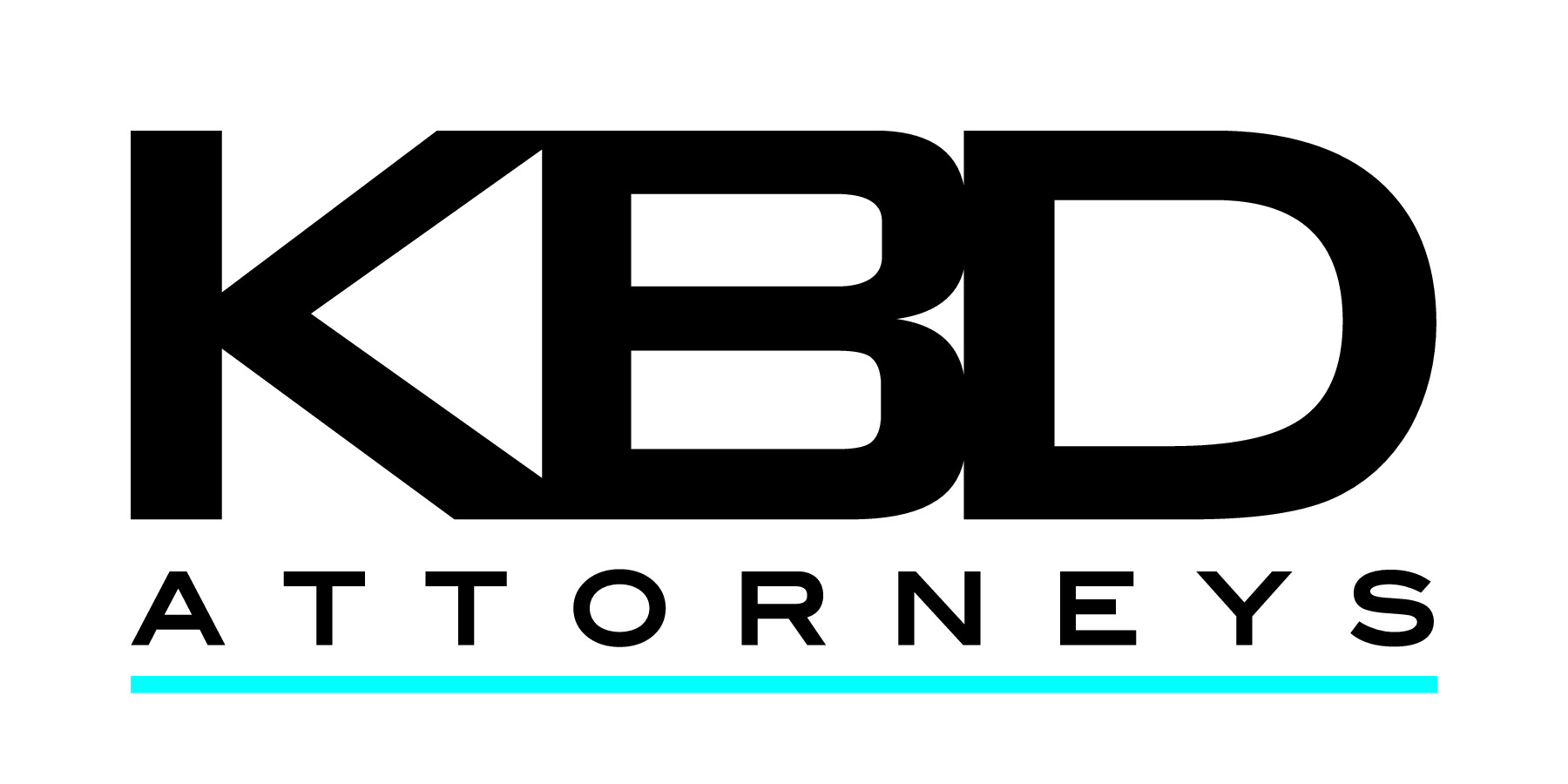At KBD Attorneys, we believe that no child should ever suffer abuse—especially in places meant to protect them. Unfortunately, institutional child abuse remains a widespread and deeply troubling issue across the country. From youth detention centers to treatment programs, foster care systems to public schools, children in institutional settings are often silenced, neglected, or abused by those in power.
Learn what institutional abuse means, how it can take different forms, and how our institutional child abuse lawyer fights to bring justice, compensation, and healing to survivors. We are committed to protecting vulnerable children and holding institutions accountable.
Institutional Child Abuse Lawyer
Institutional child abuse refers to mistreatment—whether physical, sexual, emotional, or psychological—that occurs within organizations or facilities responsible for the care, custody, education, or rehabilitation of children. These institutions include:
- Juvenile detention centers and correctional facilities
- Residential treatment centers and therapeutic boarding schools
- Foster care and group homes
- Public and private schools
- Faith-based or community organizations
Often, the very power structure of these institutions allows abuse to go unchecked. Children in these environments are especially vulnerable because they may have no outside support system, limited access to legal protection, and fear retaliation if they report wrongdoing.
Institutional abuse is not limited to one type of harm. Survivors may experience:
- Physical abuse – Assaults, excessive restraint, or unsafe conditions
- Sexual abuse – Molestation, exploitation, harassment, or rape
- Emotional abuse – Verbal degradation, threats, or isolation
- Neglect – Denial of food, medical care, education, or hygiene
What often ties these experiences together is a systemic abuse of power. Institutions—either through active wrongdoing or passive indifference—fail to protect the children they were entrusted to serve.
Our institutional child abuse lawyer investigates abuse claims in multiple types of institutional environments. Each has unique characteristics—but all share one thing in common: children were placed in their care and trust was broken.
Abuse In Juvenile Confinement (DYS And Related Facilities)
Children in state custody—such as juvenile detention centers or Department of Youth Services (DYS) facilities—often face physical abuse, sexual violence, forced isolation, and neglect. These children are frequently subjected to mistreatment by staff members or older detainees, and the lack of oversight allows abuse to continue.
Abuse In Treatment Settings (e.g., UHS Or Residential Treatment Centers)
Private behavioral health programs, such as those run by Universal Health Services (UHS) and similar providers, claim to help troubled youth—but many have been exposed for emotional, physical, and sexual abuse, including forced medication, physical restraints, or lack of medical care. Survivors have described residential treatment environments that were more like prisons than places of healing.
Abuse In Child Welfare (Foster Homes, Group Homes, Residential Placements)
The foster care system and group homes are supposed to provide safety. Instead, thousands of children suffer neglect, sexual exploitation, and violence—often repeatedly. Sometimes, institutions knowingly place children in unsafe homes or fail to investigate known abusers.
Abuse In Educational Settings
In both public and private schools, children can be harmed by teachers, coaches, staff, or even peers—through sexual misconduct, corporal punishment, bullying, or emotional manipulation. The failure of schools to investigate or report these incidents compounds the trauma.
Why Experience Matters In Institutional Child Abuse Cases
Children cannot consent to confinement, treatment, or foster placement. They are uniquely vulnerable, and when institutions fail them, the harm can last a lifetime. Many survivors face depression, PTSD, substance abuse, and suicide risk well into adulthood. These cases are not only about justice—they are about healing and accountability.
Our personal injury lawyers are committed to giving survivors a voice. Our legal team investigates, files, and litigates institutional abuse claims across the country—whether against private companies, state agencies, or non-profit organizations.
Attorney Andy LeClair, based in our Massachusetts office, leads KBD’s efforts in institutional child abuse litigation. Andy has a background in representing survivors of systemic mistreatment and works closely with victims to build compassionate, trauma-informed legal strategies.
He and our broader team have successfully pursued claims in Massachusetts, Maryland, Florida, Pennsylvania, Washington, D.C., and North Carolina—helping survivors secure compensation and force change in institutional practices. Our firm brings these qualifications to every case:
- Experience in child institutional abuse litigation
- Trauma-informed approach to working with survivors
- Skilled in navigating both civil lawsuits and government accountability
- Licensed attorneys across multiple states
- Transparent communication and survivor-first focus
We believe that children deserve better, and we’re here to fight for those who were silenced.
If you or someone you love was abused as a child in an institutional setting—whether in a treatment center, foster home, detention facility, or school—you may be entitled to significant compensation. Even if the abuse happened years ago, laws in many states now allow adult survivors to file claims that were previously time-barred.
Contact KBD Attorneys today to speak confidentially with our institutional child abuse lawyer.
Your story matters. Let us help you be heard.



